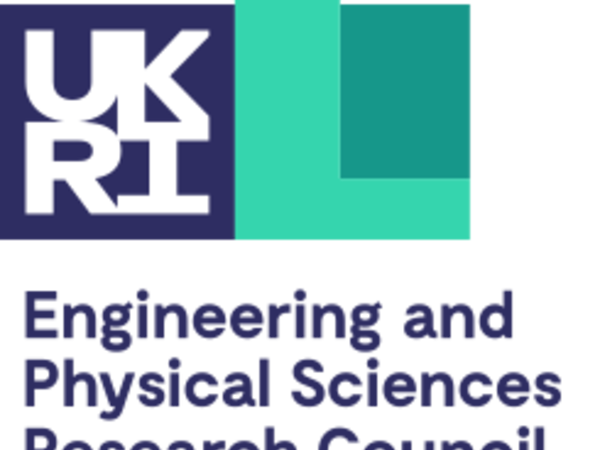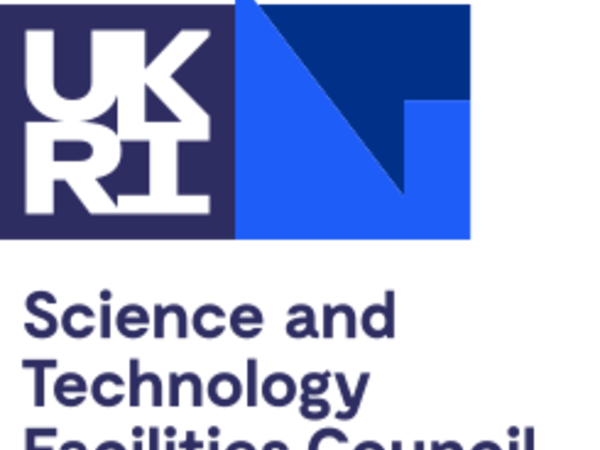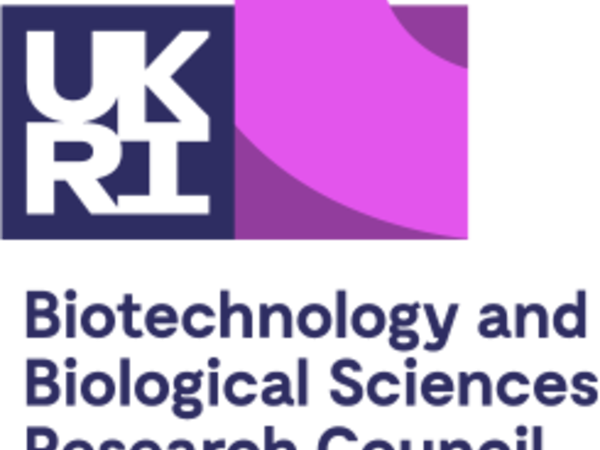Funder Strategies & Opportunities
When preparing a grant application, it is crucial to ensure that it aligns with the strategy and priorities of the research funder.
Alignment with funding agency goals
Funders are motivated by specific visions and objectives, and they seek applications that align closely with their own goals. To increase your chance of success as an applicant, you must ensure that your research objectives are in harmony with the agency's mission and priorities. This involves clearly explaining how the proposed research aligns with the agency's goals, and may require reshaping (or re-focussing) your research question to fit the call for proposals.
Understanding potential future funding opportunities
Funding agencies develop new funding calls based on their strategies. If you are familiar with these strategies you will be better able to understand the context and rationale of theme-based funding calls, and to understand potential future opportunities.
Click on the links below to learn more about the funder strategies in your research area:
UKRI
- UKRI's five-year strategy (2022-27): Transforming Tomorrow Together
- UKRI's strategic themes:
- Building a green future
- Building a secure and resilient world
- Creating opportunities, improving outcomes in communities across the country
- Securing better health, ageing and wellbeing for everyone
- Tackling infections
UKRI are undergoing a significant change in their strategy associated with their recent budget allocations. We expect UKRI to publish a new strategy in June 2026. We expect each Research Council to also publish new Delivery Plans at the same time.
EPSRC
For an overview of EPSRC's goals and priorities, see the EPSRC strategic delivery plan 2022 to 2025.

EPSRC has four mission-driven priorities:
- driving the translation of breakthroughs in engineering and physical sciences research through to social and economic benefit in net zero
- artificial intelligence (AI), digitalisation and data
- transforming health and healthcare
- quantum technologies
EPSRC Themes may also include their own strategies. The Themes are:
- energy and decarbonisation
- engineering
- healthcare technologies
- Healthcare Technologies strategy includes the following priority areas:
- improving population health and prevention
- transforming prediction and early diagnosis
- discovering and accelerating the development of new interventions
- Healthcare Technologies strategy includes the following priority areas:
- information and communication technologies (ICT)
- manufacturing and circular economy
- mathematical sciences
- physical sciences
- quantum technologies
- research infrastructure
STFC

For an overview of STFC's goals and priorities, see the STFC strategic delivery plan.
Science and Technology Facilities Council (STFC) funds research in these core areas:
- astronomy, solar and planetary science
- particle physics
- particle astrophysics
- nuclear physics
- accelerator science
- computational science
- quantum technologies
The following science challenges in frontier physics help to guide what STFC invest in across their research portfolio:
- how did the universe begin and how is it evolving?
- how do stars and planetary systems develop and how do they support the existence of life?
- what are the basic constituents of matter and how do they interact?
Explore STFC’s science challenges.
NERC

For an overview of NERC's goals and priorities, see the NERC strategic delivery plan 2022 to 2025.
NERC’s current programmes include:
- Clean air
- Digital environment
- Enabling research in smart sustainable plastic packaging
- Greenhouse gas removal from the atmosphere
- Regional impact from science of the environment
- Sustainable management of UK marine resources
- UK climate resilience
- Understanding the effectiveness of natural flood management.
In 2025, NERC published its first Forward Look for environmental science. Developed in collaboration with the community and stakeholders, NERC’s Forward Look sets out their research and innovation priorities and how they will support the underpinning capabilities needed to deliver environmental science over a ten-year horizon. NERC has identified three R&I priorities:
- Green Growth
- Environmental Security
- Responsible Innovation
These priorities will be delivered through key capabilities: National Capability, Frontiers of Knowledge and Partnerships which together underpin our world-leading environmental science.
BBSRC

For an overview of BBSRC's goals and priorities, see the BBSRC strategic delivery plan 2022 to 2025.
BBSRC’s priorities fall under bioscience discovery and strategic challenges
Priorities for ‘Advancing the frontiers of bioscience discovery’ are:
Priorities for ‘Tackling strategic challenges’ are:
- bioscience for sustainable agriculture and food
- bioscience for renewable resources and clean growth
- bioscience for an integrated understanding of health
In 2025, BBSRC also published its Forward Look, which sets out BBSRC’s ambition to power bioscience to deliver a healthy, sustainable and resilient future.
ESRC

For an overview of ESRC's goals and priorities, see the ESRC strategic delivery plan 2022 to 2025.
ESRC currently have 5 priority research areas:
- Net Zero, environment, biodiversity and climate change
- digital society
- health and social care
- security, risk and resilience
- understanding behaviour
MRC
For an overview of MRC's goals and priorities, see the MRC strategic delivery plan 2022 to 2025.
MRC’s five research boards have strategic priorities that help guide the research they invest in. Their research boards are:
- applied global health research

- molecular and cellular medicine
- neurosciences and mental health
- population and systems medicine
Other funders
Other funders will also have strategies which inform their funding opportunities. Examples include:
- Wellcome Trust
- ‘Discovery Science’
- Challenge led priorities in Mental health, climate change and infectious diseases
- Royal Academy of Engineering Strategy 2030: Engineering Better Lives
- The RAEng Strategy 2020 - 2025 was Engineering for a sustainable society and inclusive economy
- Royal Society
- The Royal Society strategic plan 2022–2027 centres around five key areas of work: The Fellowship, Foreign Membership and beyond; Influencing in the UK and globally; Research system and culture; Science and society; Corporate and governance
UK Government Strategies & Reviews
As well as funder strategies, there have been many recent UK Government Strategies & Reviews including:
- The UK's Modern Industrial Strategy (2025)
- National Quantum Strategy (2023)
- National Semiconductor Strategy (2023)
- UK Net Zero Research & Innovation Framework 2022-2025
- National Vision for Engineering Biology (2023)
- Science and Technology Framework (2023)
- Independent Review of the Future of Compute (2022)
- House of Lords Science and Technology Committee – ‘Don’t fail to scale: seizing the opportunity of engineering biology’ (2025)
